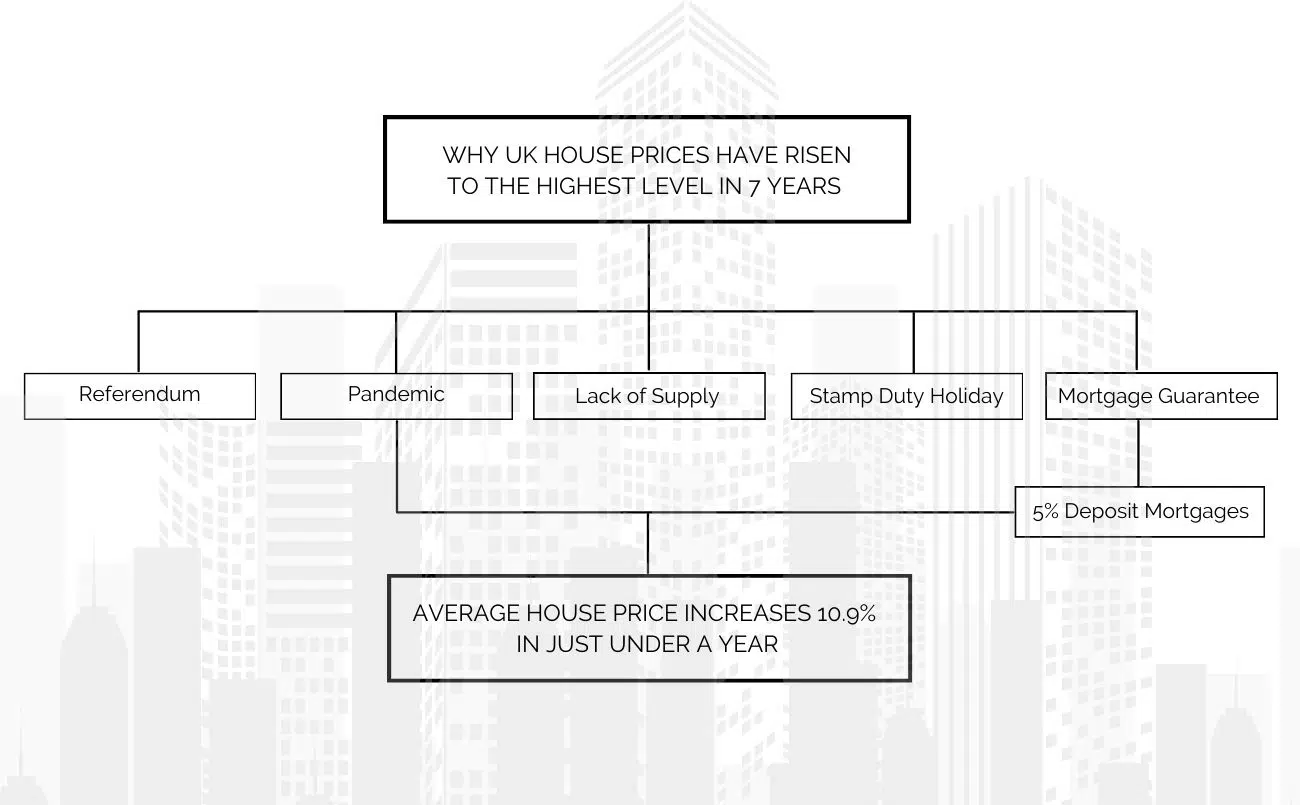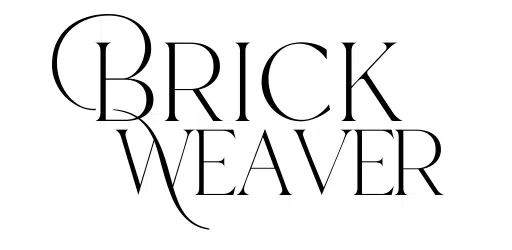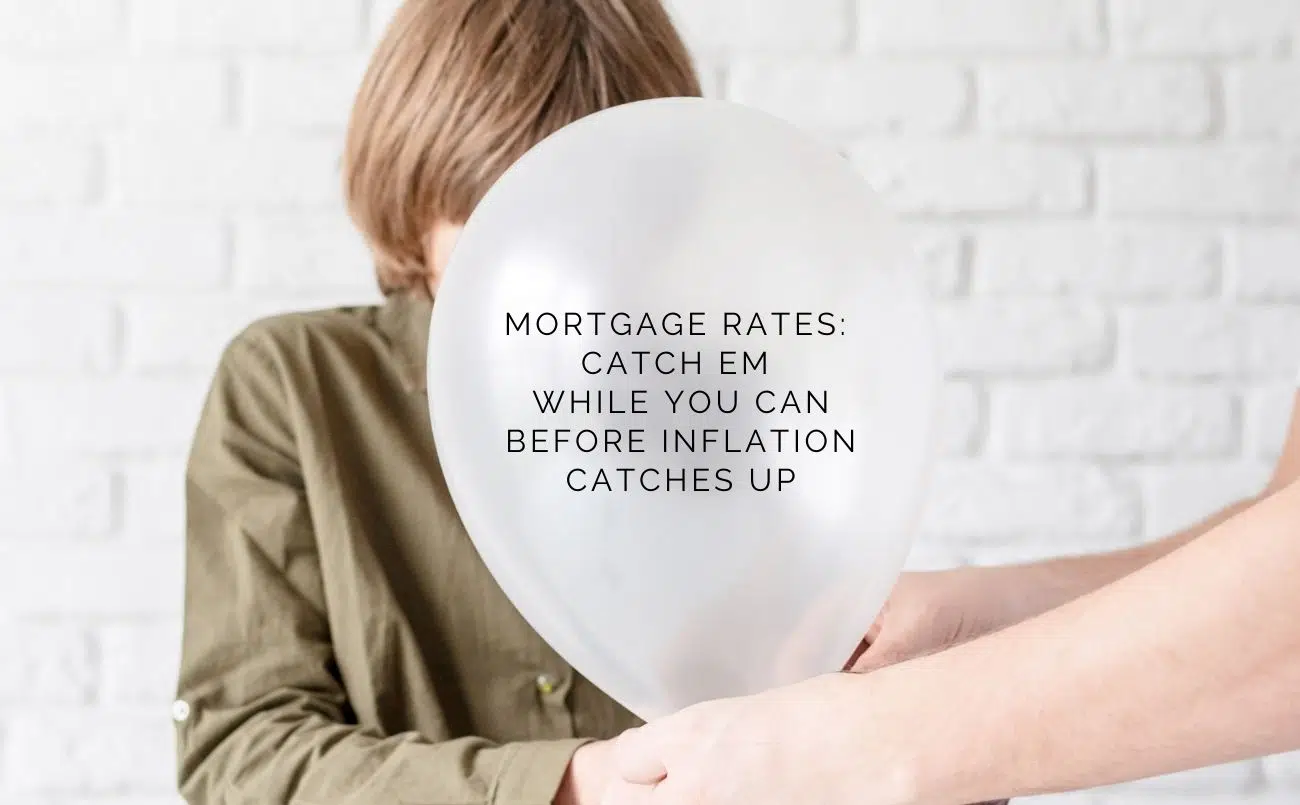
UK House prices have taken a quantum leap, rising 10.9pc in the past 12 months. With further rises expected over the summer. Many have attributed this to the Pandemic and the Stamp Duty Holiday but are there other factors, which have contributed to it?
THE REFERENDUM
In 2015 the housing market started to stagnate as buyers watched and waited to see what result the Referendum would bring. In June 2016 the British public voted to leave with 51.9pc of the vote to 48pc, remain. This almost 50% split divided the country resulting in a number of extensions and PM changes, before we finally left the EU in January 2020. Many presumed the UK housing market would struggle when in fact by February it had taken off. The uncertainty caused by politicians bickering and the media stirring the proverbial pot had held many buyers back. Now, nearly 5 years later there was clarity. Unfortunately, just as soon as it had begun, it was cut short by the pandemic.
THE PANDEMIC
In the first lockdown, Estate Agents were forced to close. The market ground to a halt as people prioritised loo roll over bricks and mortar. As time went on, and people adjusted to working and living full time from home, many looked too Rightmove for escapism. So when the first lockdown was lifted those keen to get out of their home were ready. Even an initial virtual tour wasn’t a deterrent. Given the market was buoyant pre-pandemic and then demonstrated signs of immediate recovery post lockdown, the Chancellor’s introduction of the Stamp Duty Holiday seemed unnecessary but welcomed by all.
STAMP DUTY HOLIDAY
The potential saving of up to £15,000 when buying a UK property enabled buyers to throw Covid caution to the wind and up sticks for somewhere in the sticks. Conveyancers, Surveyors, and Estate Agents had barely wiped the furlough sleep from their eyes before they were up nights tying up deals. Bidding wars became the norm and any saving was surpassed by the rise in house prices as buyers competed for property. As the stamp duty holiday drew to a close, many worried of sales falling through. Re-enter the Chancellor, Rishi Sunak, who ‘seemingly’ buckled under industry pressure by extending it once more till the end of June, with tapered extension to the 30th of September 2021.
MORTGAGE GUARANTEE SCHEME
During the first lockdown, lenders pulled their lower-deposit mortgage offerings, due to concerns of negative equity should the economy not recover or house prices slump. To encourage lenders to return to the market the government introduced the Mortgage Guarantee Scheme.This enabled first time buyers and homeowners to traverse the ladder with only a 5% deposit. The hope being other commercial lenders would return to the market offering a great choice of competitive rates for buyers. They didn’t disappoint, lenders now are offering as low as 0.9%.
UK HOUSING SUPPLY
Many hope the final lifting of restrictions and the success of the vaccine roll out will encourage more sellers to the market. Balancing out the current lack of housing supply versus demand. This is expected to turn down the heat on the property market from boiling to a simmer. Despite this and the end of the stamp duty holiday, many sellers and buyers’ appetite for change remains unsated. Undeterred, the UK housing market is expected to be hot this summer.
So why did the property market experience the highest rise in seven years? Because doubt was replaced with clarity, mortgage financing became more competitive and the population realised change.





